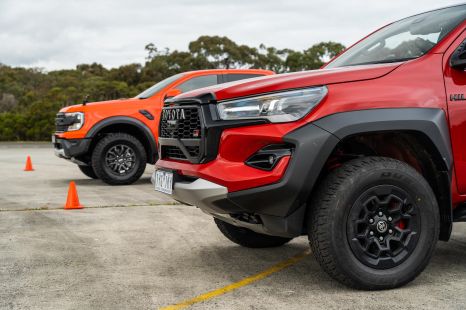

Mike Costello
Ford Ranger v Toyota HiLux: Which will be 2023 sales champion?
2 Years Ago
The Toyota HiLux is the Japanese automaker's top-selling vehicle and is the top-selling ute overall in Australia. It's available in cab-chassis single-cab, or cab-chassis or pick-up extra-cab and dual-cab variants in either 4x2 and 4x4.
The HiLux comes with petrol or a choice of two turbo-diesel powertrains.
For 2023, the Hilux range will be topped with an as-yet unrevealed ‘Apex’ off-road flagship for the HiLux line, due in the second half of 2023.
The latter will replace the Rugged X, while manual versions of the WorkMate and SR Hi-Rider 4×2 dual-cab utes have disappeared from the price lists.
Prices are up by $1250 across numerous variants. A full price list can be found below.
Quickly see how this car stacks up against its competition. Select any benchmark to see more details.
Where expert car reviews meet expert car buying – CarExpert gives you trusted advice, personalised service and real savings on your next new car.
| Configuration | Price From* |
|---|---|
| 2.8L, 6-speed auto, Double Cab Utility, Diesel, 4x4 | $70,200 |
| 2.8L, 6-speed auto, Double Cab Utility, Diesel, 4x4 | $70,760 |
| Configuration | Price From* |
|---|---|
| 2.8L, 6-speed auto, Double Cab Utility, Diesel, 4x4 | $73,990 |
Where expert car reviews meet expert car buying – CarExpert gives you trusted advice, personalised service and real savings on your next new car.
See our comprehensive details for the Toyota HiLux
The dual-cab HiLux has a tub that measures 1570mm long, 1645mm wide, and 481mm tall. There's 1109mm between the two rear wheel arches.
Where expert car reviews meet expert car buying – CarExpert gives you trusted advice, personalised service and real savings on your next new car.
CarExpert High Resolution Photos of the Toyota HiLux
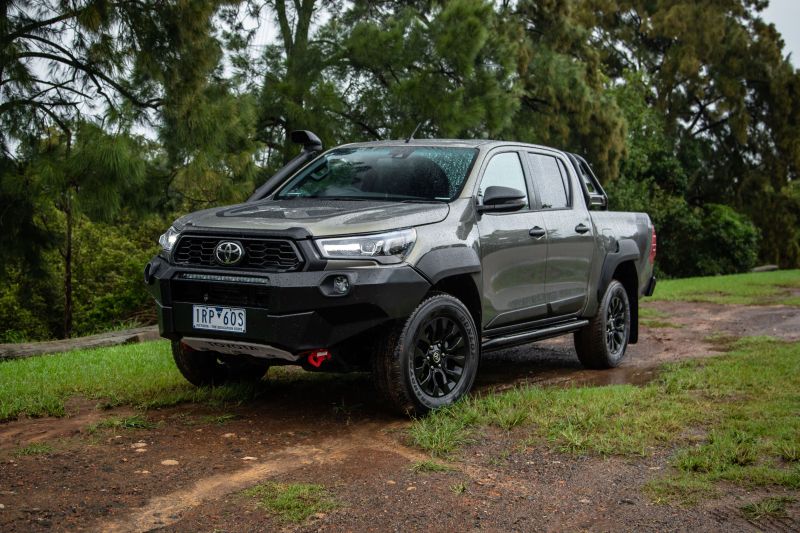
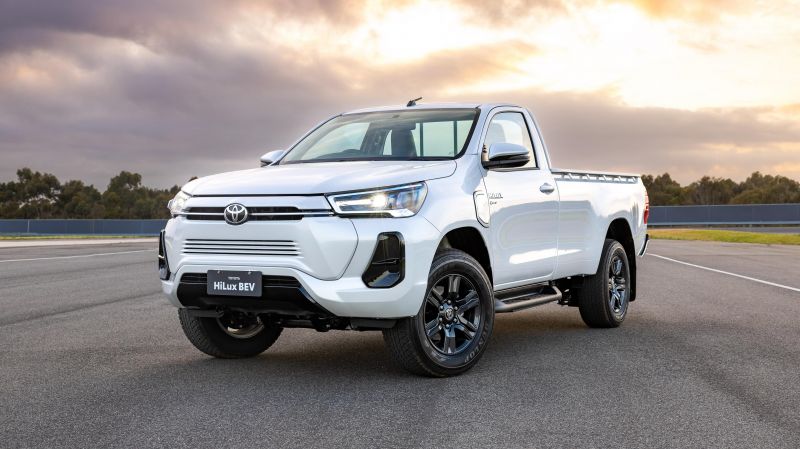
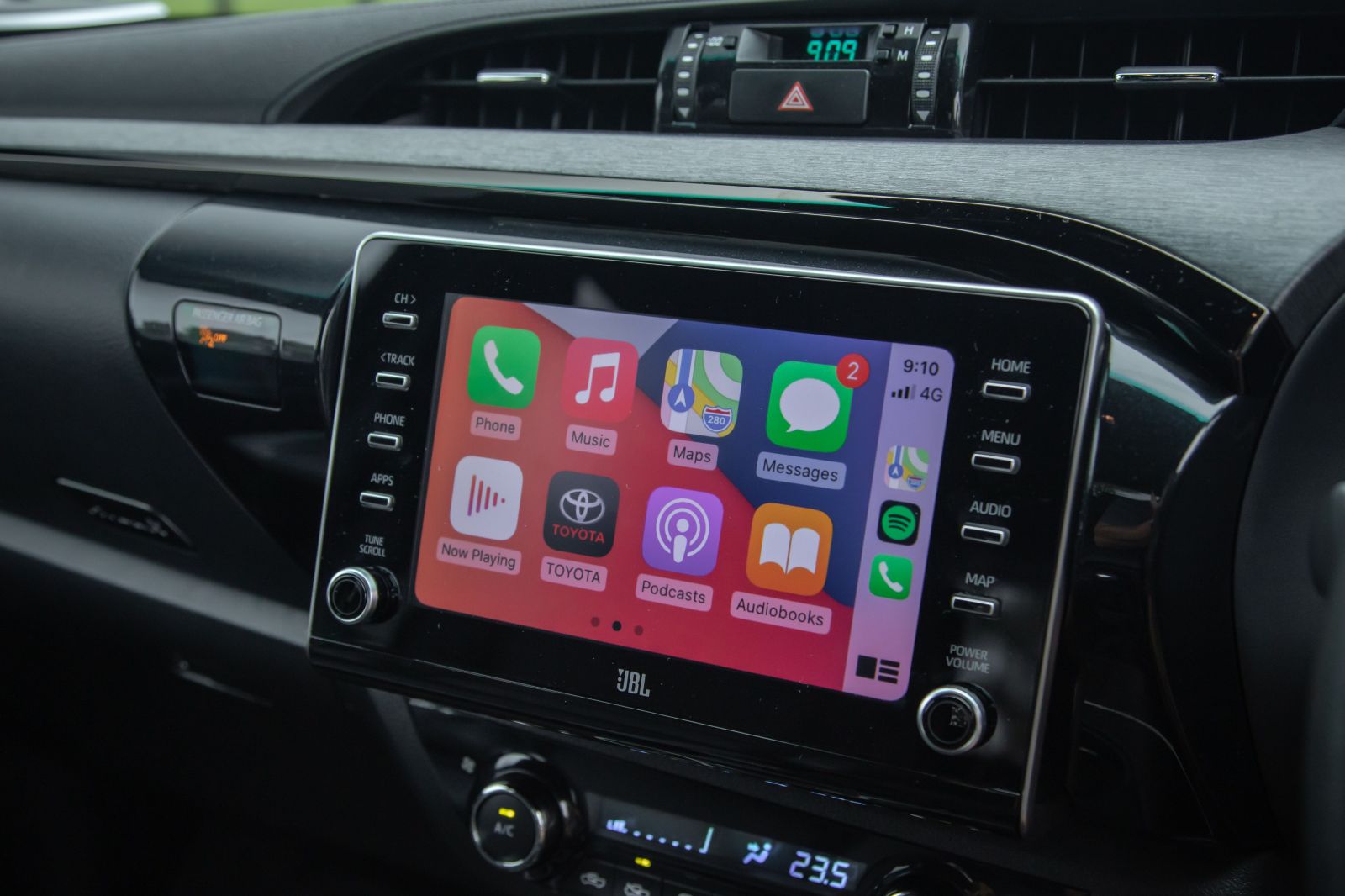
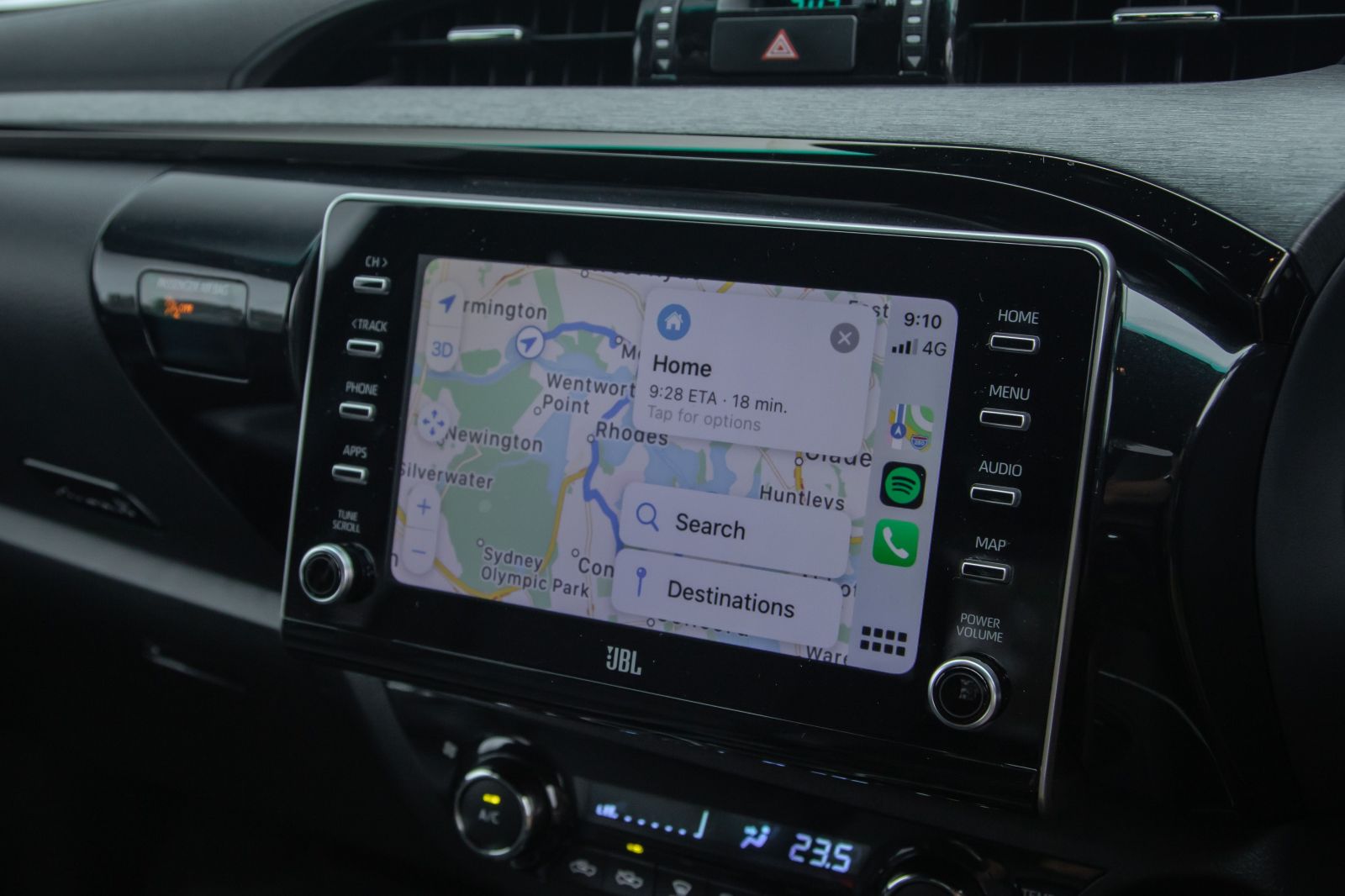
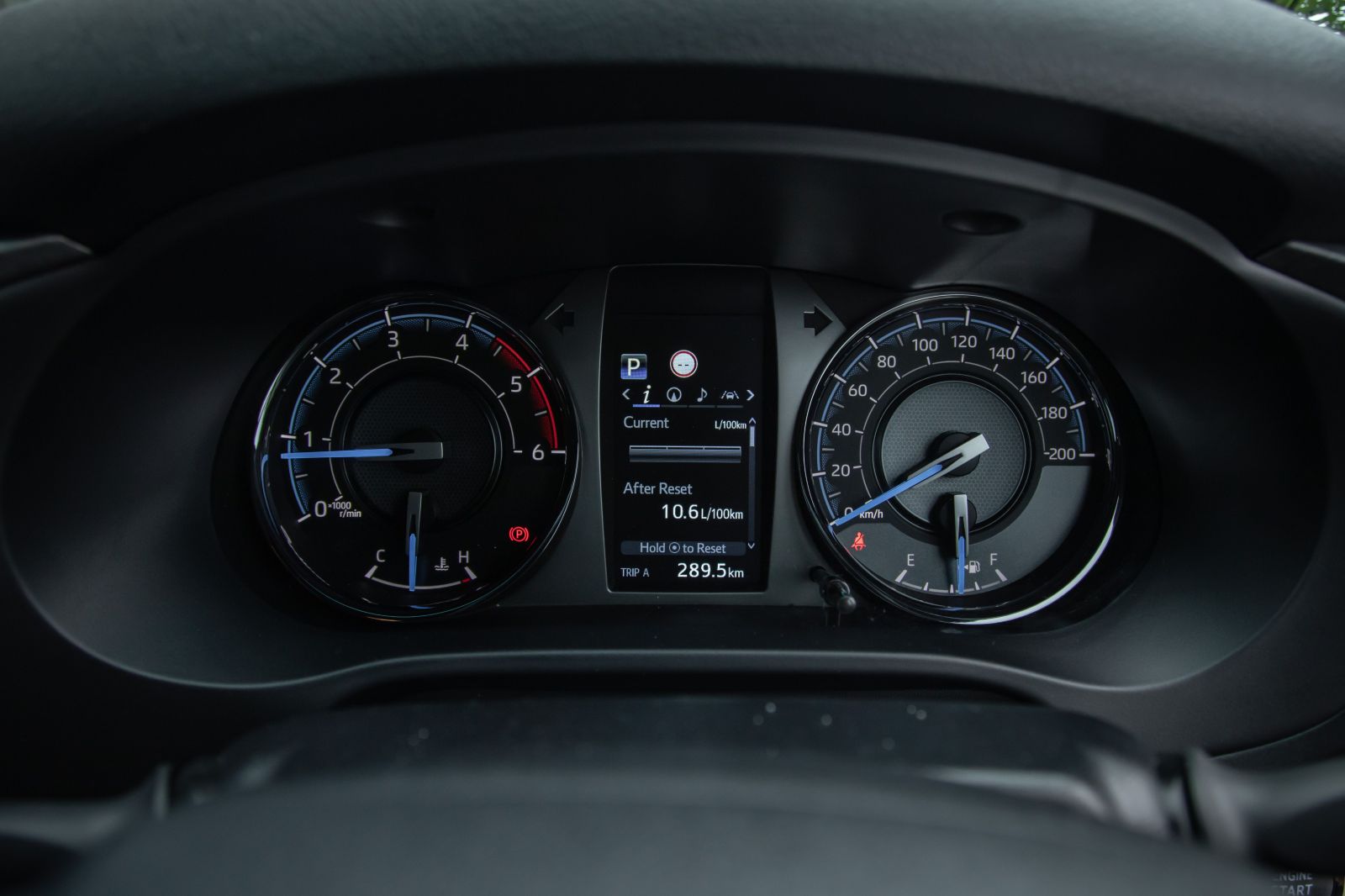
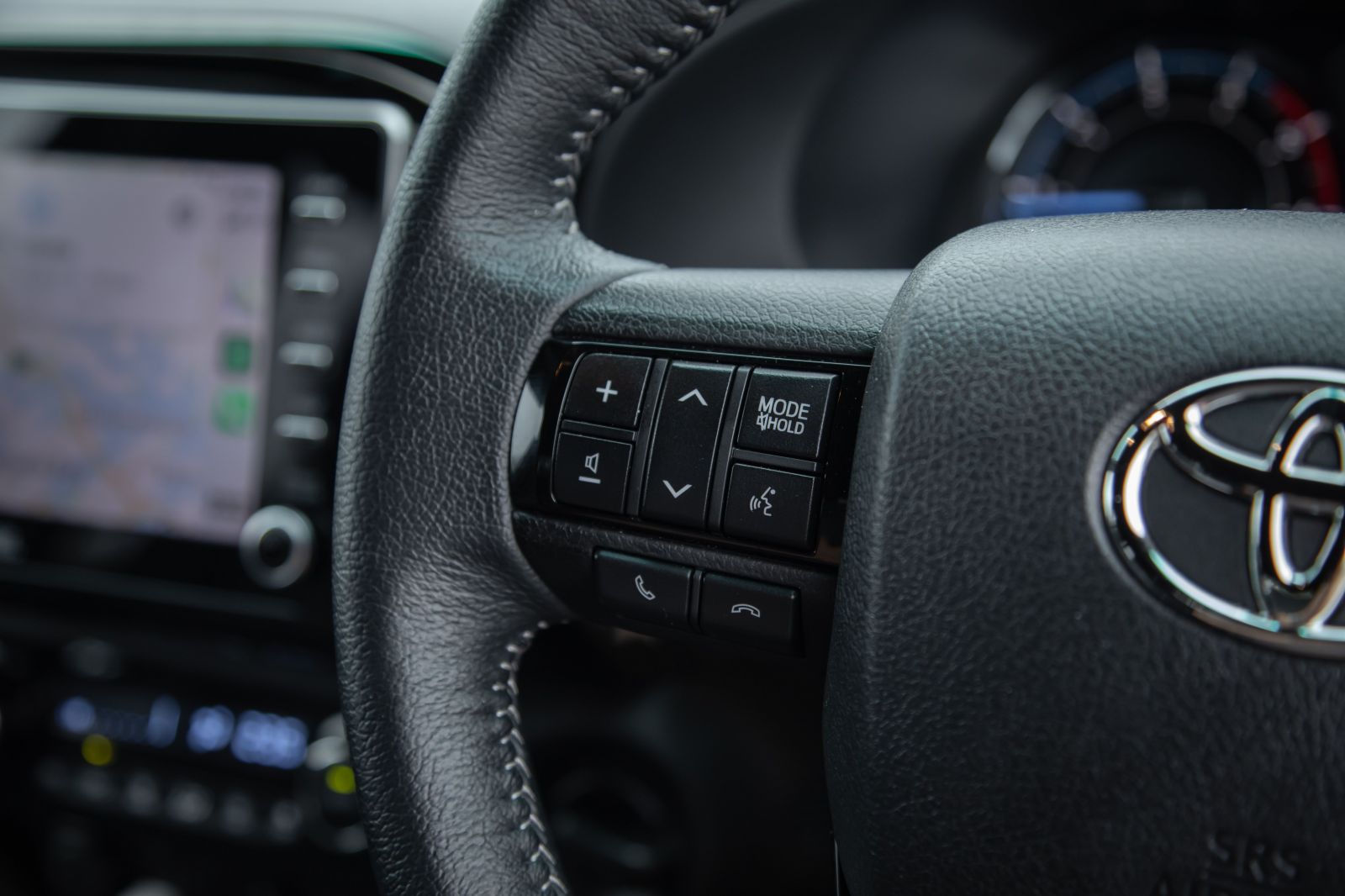
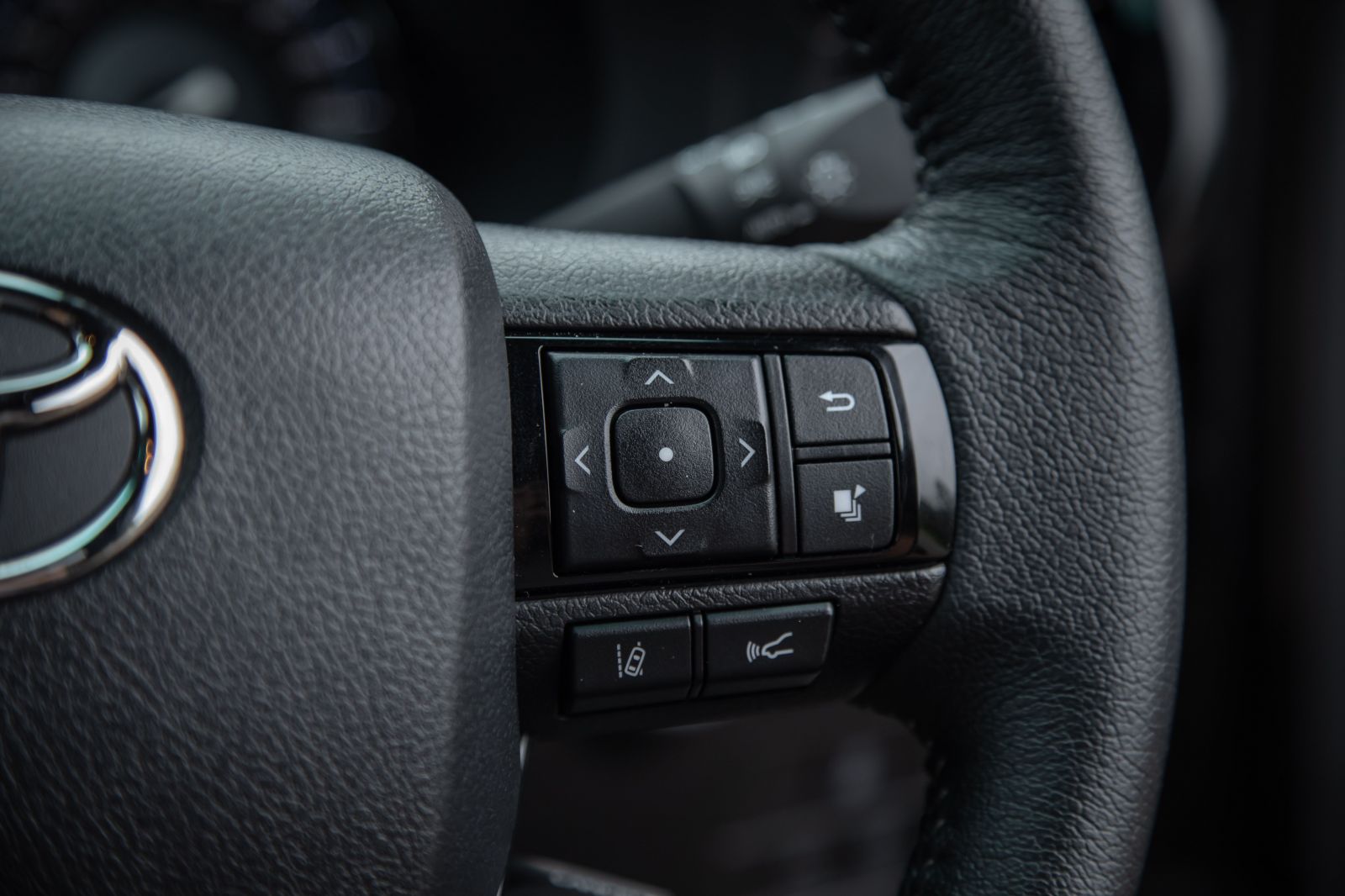
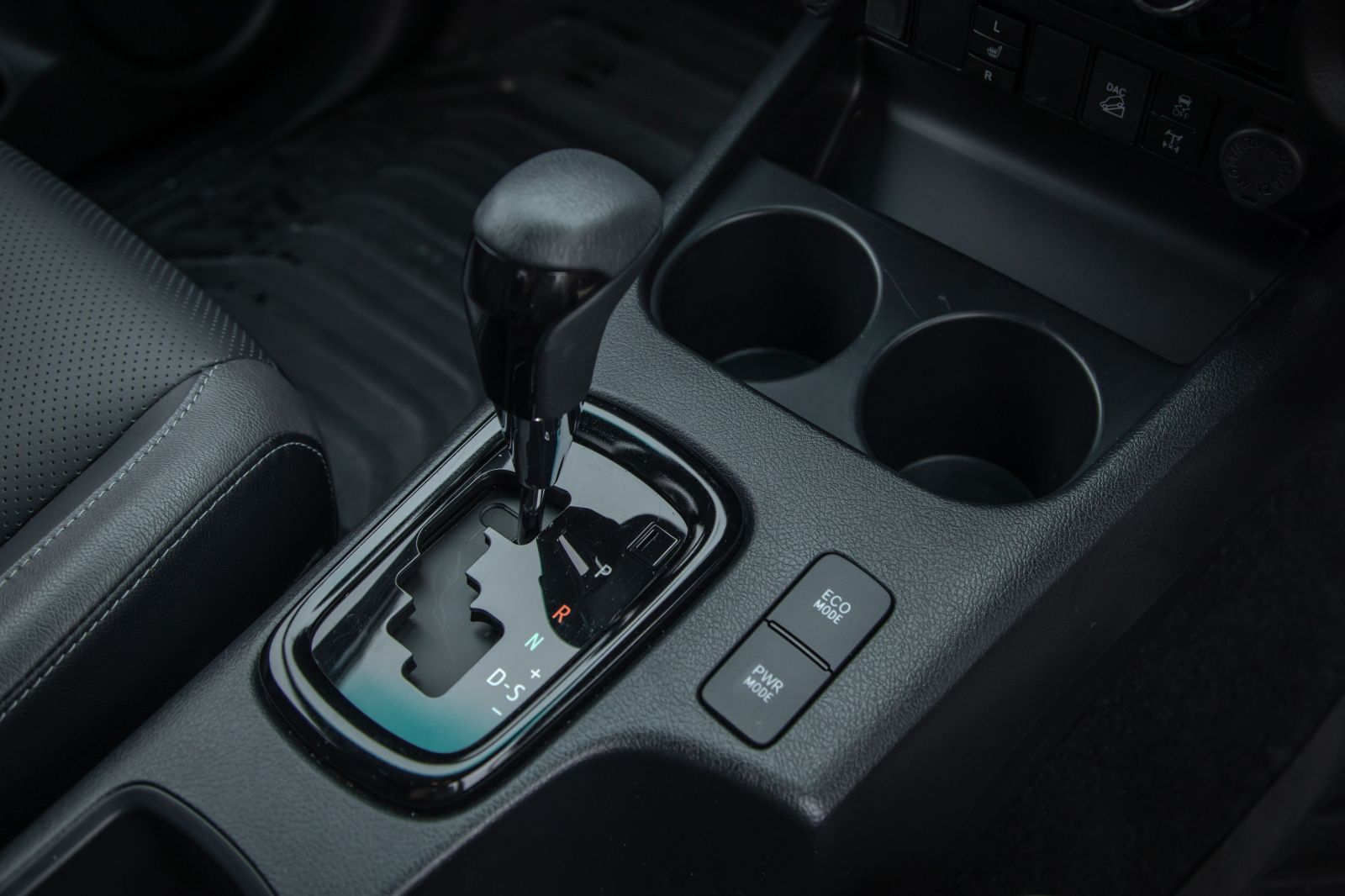
View 50 images
For 2023, HiLux SR extra-cab and dual-cab models will receive new 17-inch black alloy wheels, instead of the current 17-inch steel wheels, as well as body-coloured door handles. The company hasn’t made images of the updated SR available yet.
The SR5 dual-cab pick-up gains critical active safety equipment such as blind-spot monitoring and rear cross-traffic alert. These safety features will also be standard on the upgraded Rogue.
Other new features the SR5 dual-cab pick-up receives as part of this update will include a surround-view camera, as well as puddle lamps. Heated side mirrors have been deleted.
On automatic SR5 models and above, the steering column lock has been replaced by an ID Box anti-theft immobiliser which is claimed to add extra security for owners starting the ute with the key fob.
The updated, Aussie-finished Rogue get a front and rear track increase of approximately 140mm, as well as a ride height increase of approximately 20mm. These are both claimed to aid both on- and off-road performance.
In order to accommodate the track increase in the HiLux Rogue, Toyota engineers overhauled the existing suspension by extending the front suspension arm and front stabiliser bar length. They also adjusted the shock absorber angle to improve its efficiency.
At the rear the axle length has been extended and the dampers have been moved further outwards towards the wheels.
Also for the first time on the HiLux, there’s a rear stabiliser bar fitted to the Rogue which is claimed to “enhance cornering stability and ride comfort”.
As a result of all of these suspension changes to the updated HiLux Rogue, Toyota says that roll rigidity has “been enhanced by 20 per cent”.
There are new ventilated rear disc brakes that replace the existing drum brakes for better braking performance, while the front disc brakes have been upgraded to units with a diameter of 17 inches – up an inch on before.
Capping off the upgrades that are dedicated to the flagship HiLux Rogue are wider wheel arch flares and mud flaps to accommodate for those greater track widths
There's also side steps and power-folding mirrors, but the cab chassis misses out on parking sensors and a reversing camera.
The Rogue adds black exterior trim, decals, and a resin sports bar.
The off-road oriented Rugged X adds a hoopless bull bar, bash plate, LED light bar, snorkel, front and rear recovery points, heavy-duty rock rails, heavy-duty front springs and a black sports bar with tie-down points.
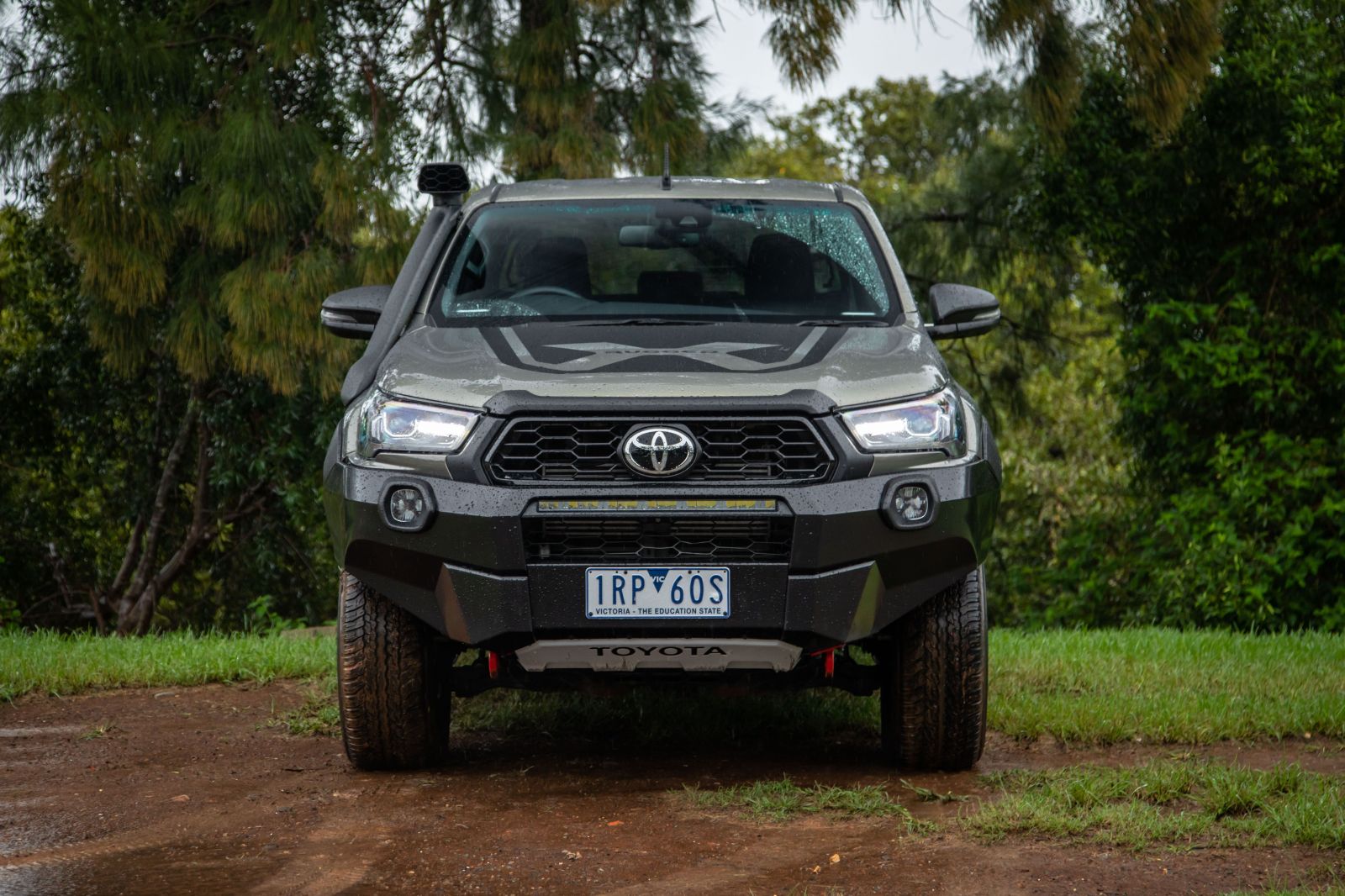
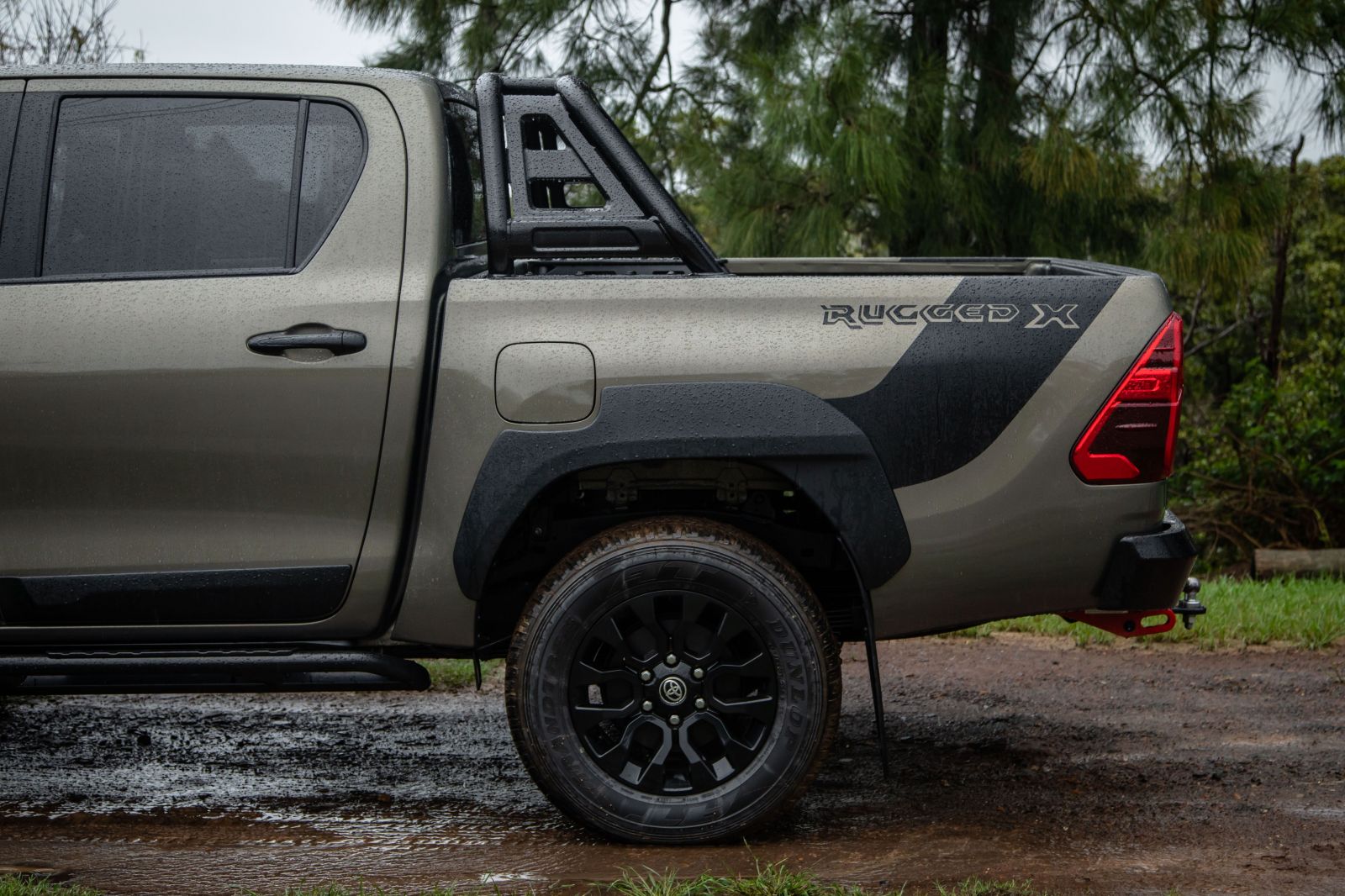
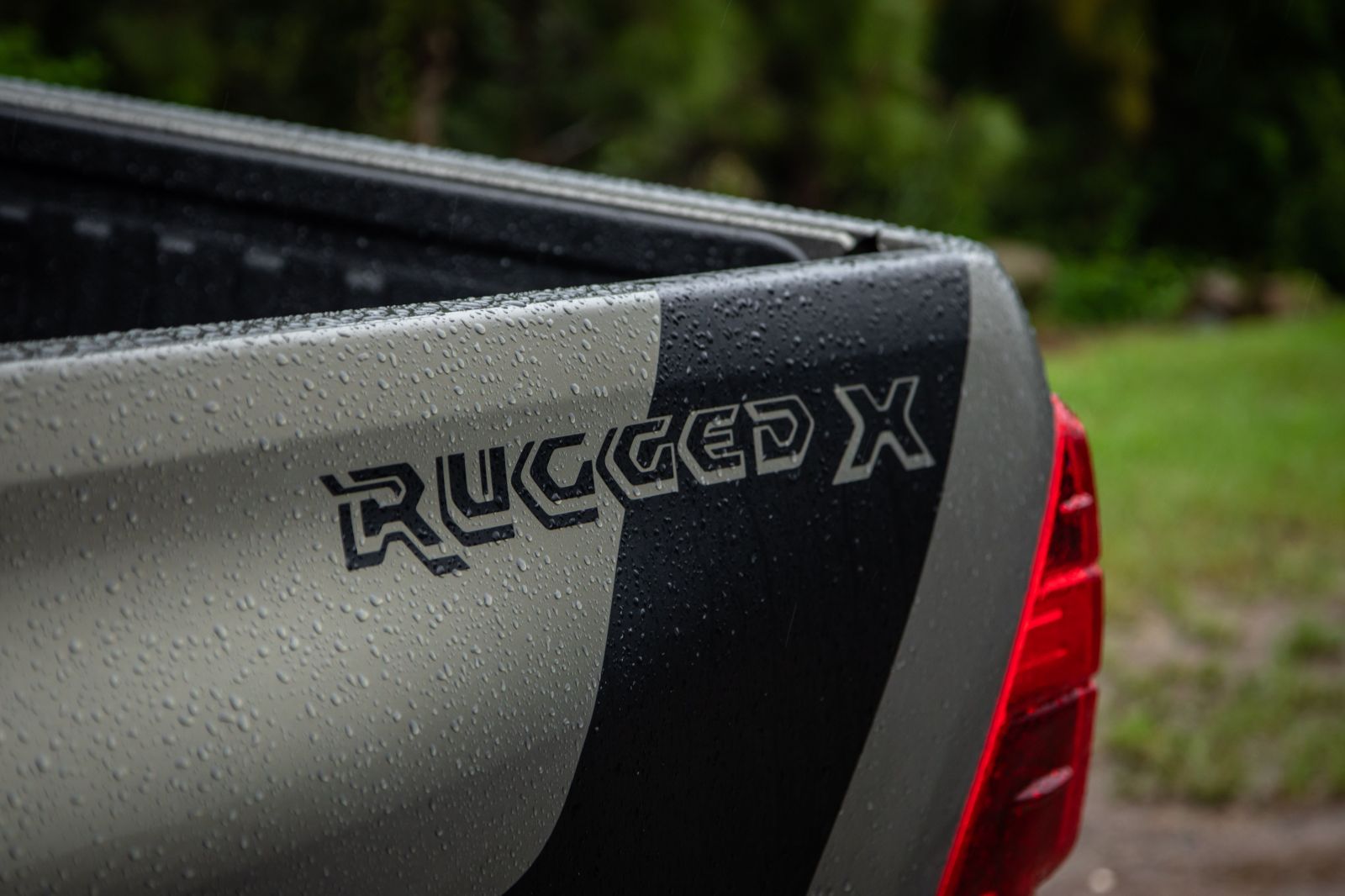
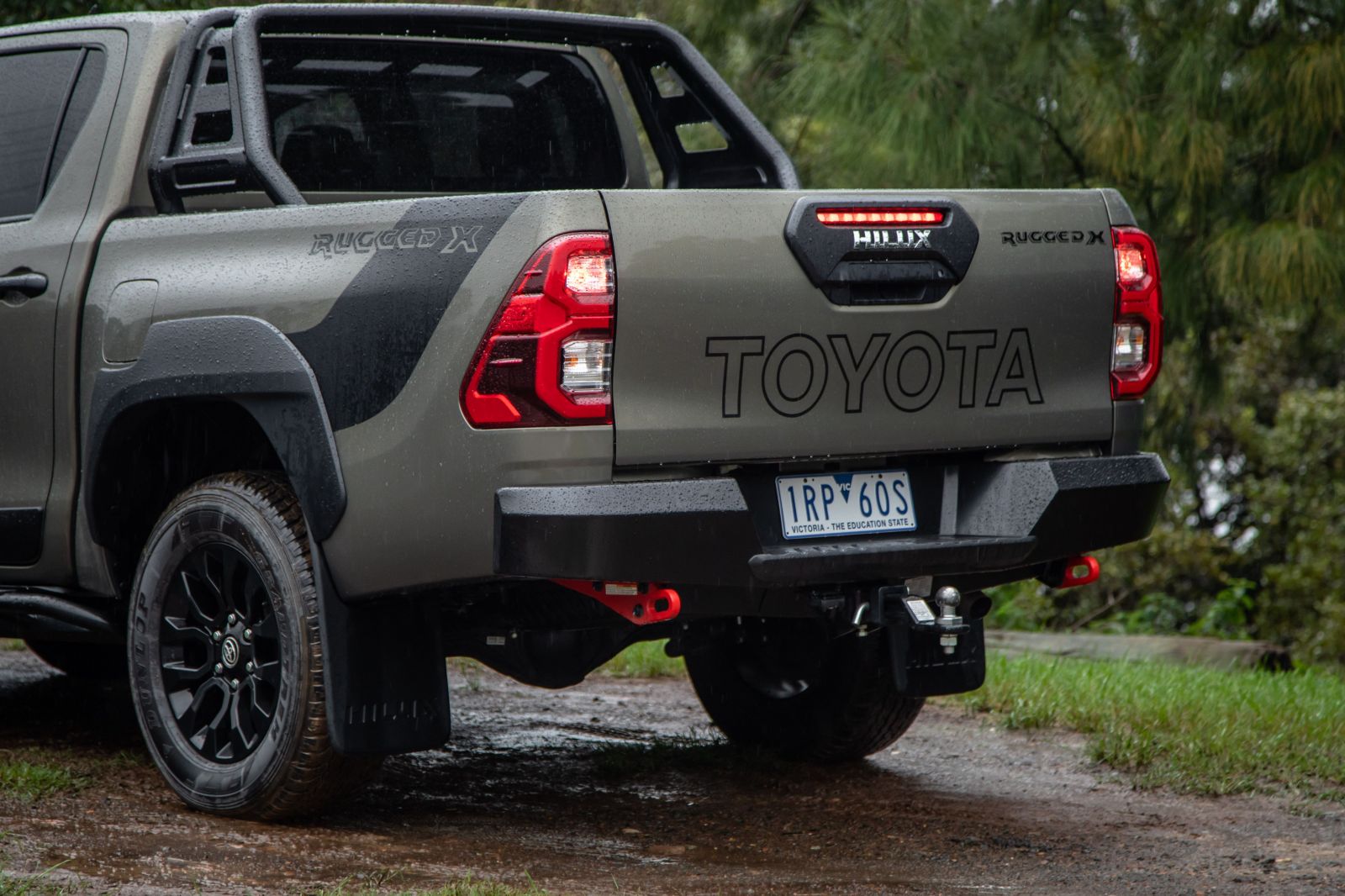
View 4 images
The updated infotainment system is relatively simple to use on the move, and responds quickly enough to inputs. It’s not what you’d call standout, but the addition of smartphone mirroring is a big development. Points to Toyota for fitting hard shortcut buttons and a proper volume knob, too.
The driver and passenger sit in comfortable, well-padded pews trimmed in hardy-feeling cloth, and although the dashboard and transmission tunnel are finished in hard black plastic, both feel as though they’ll survive the test of time.
The coarse steering wheel trim doesn’t really feel worthy of a $60,000 dual-cab ute, and the basic cabin design is starting to age in the face of newer competition.
As for the fundamentals, driving position is good for taller drivers and Toyota has a good grasp on ergonomics. Need to press something often? Chances are it’s within easy reach, which makes the learning curve more of a molehill than a mountain.
There’s also an abundance of storage with a phone-sized slot under the dashboard, twin cupholders, a large storage bin under the armrest, a two-tier glovebox, and spacious door pockets.
Rear passengers are treated to perfectly acceptable amounts of legroom and headroom, and there are air vents for hot summer days. Keep an eye out if you’re tall though, the fixed grab handles pose a constant threat to your head.
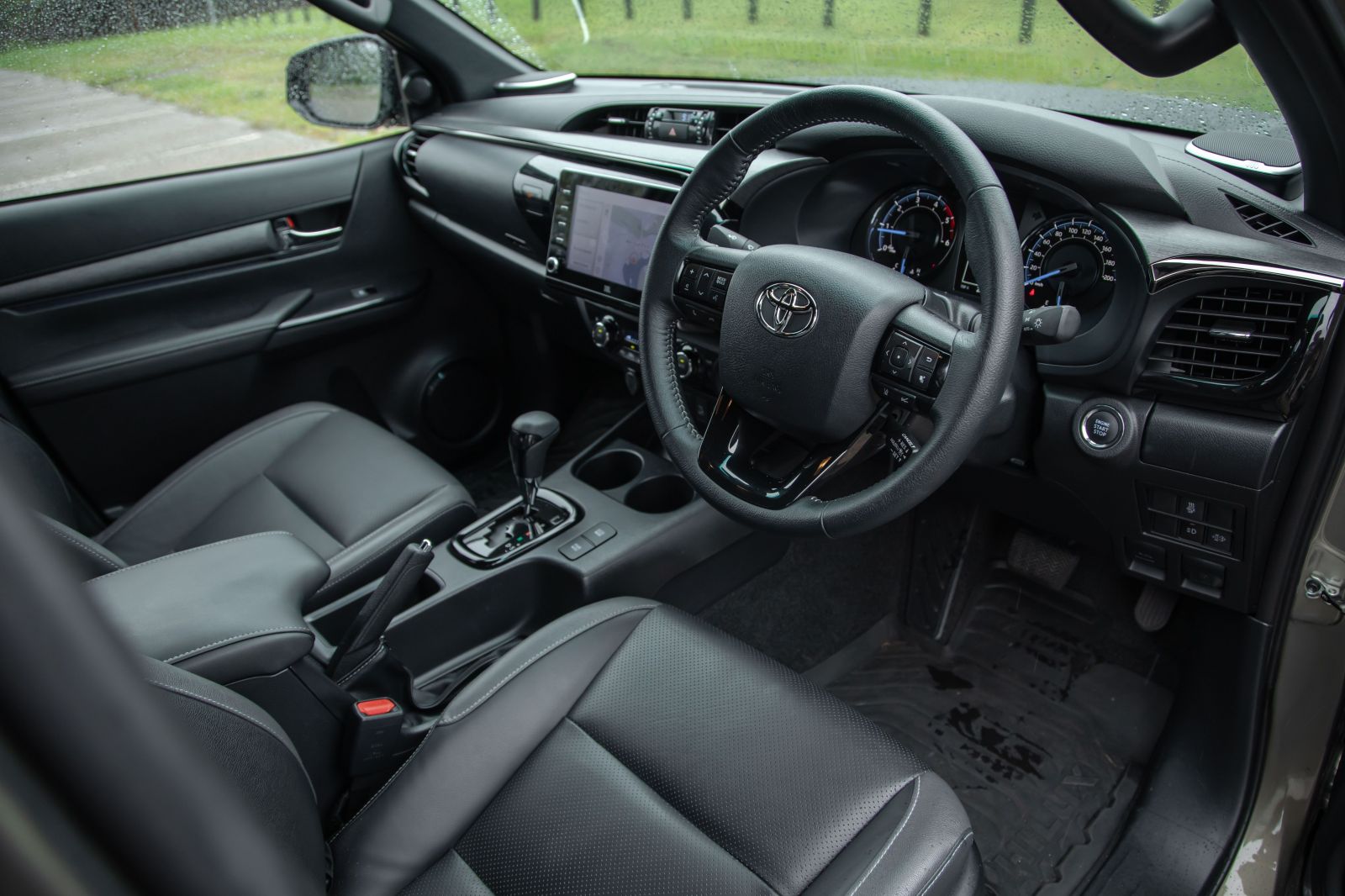
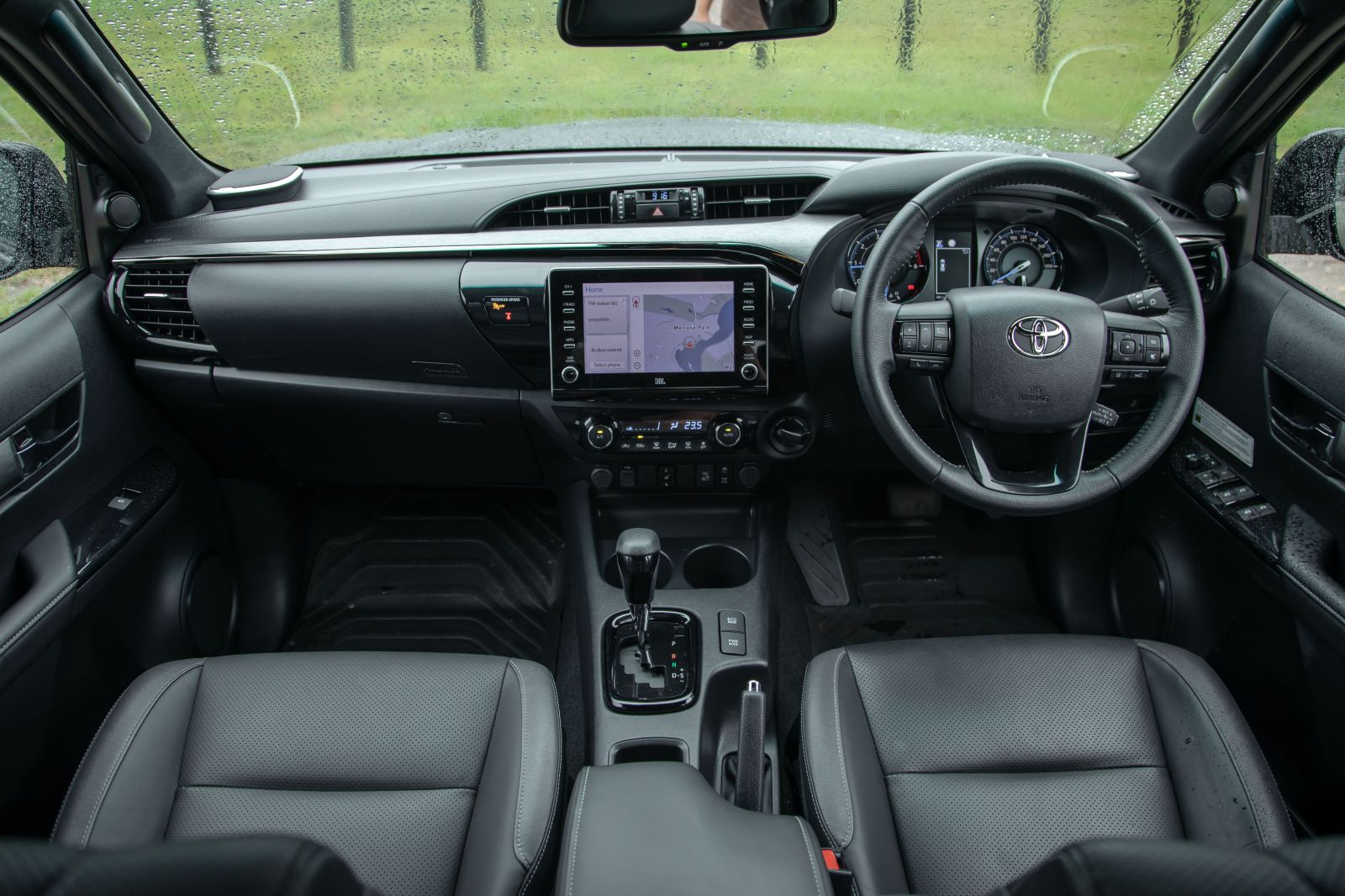
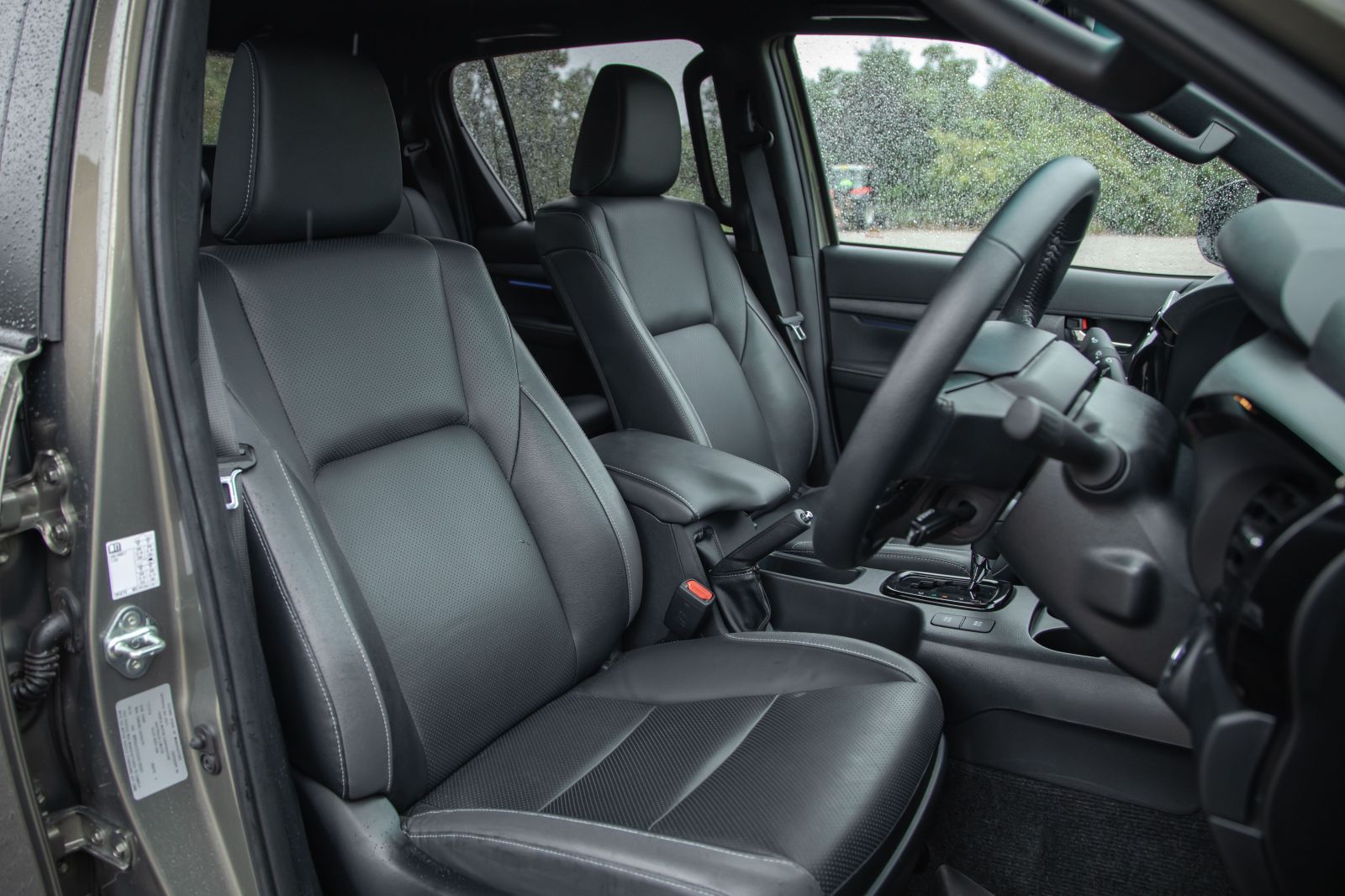
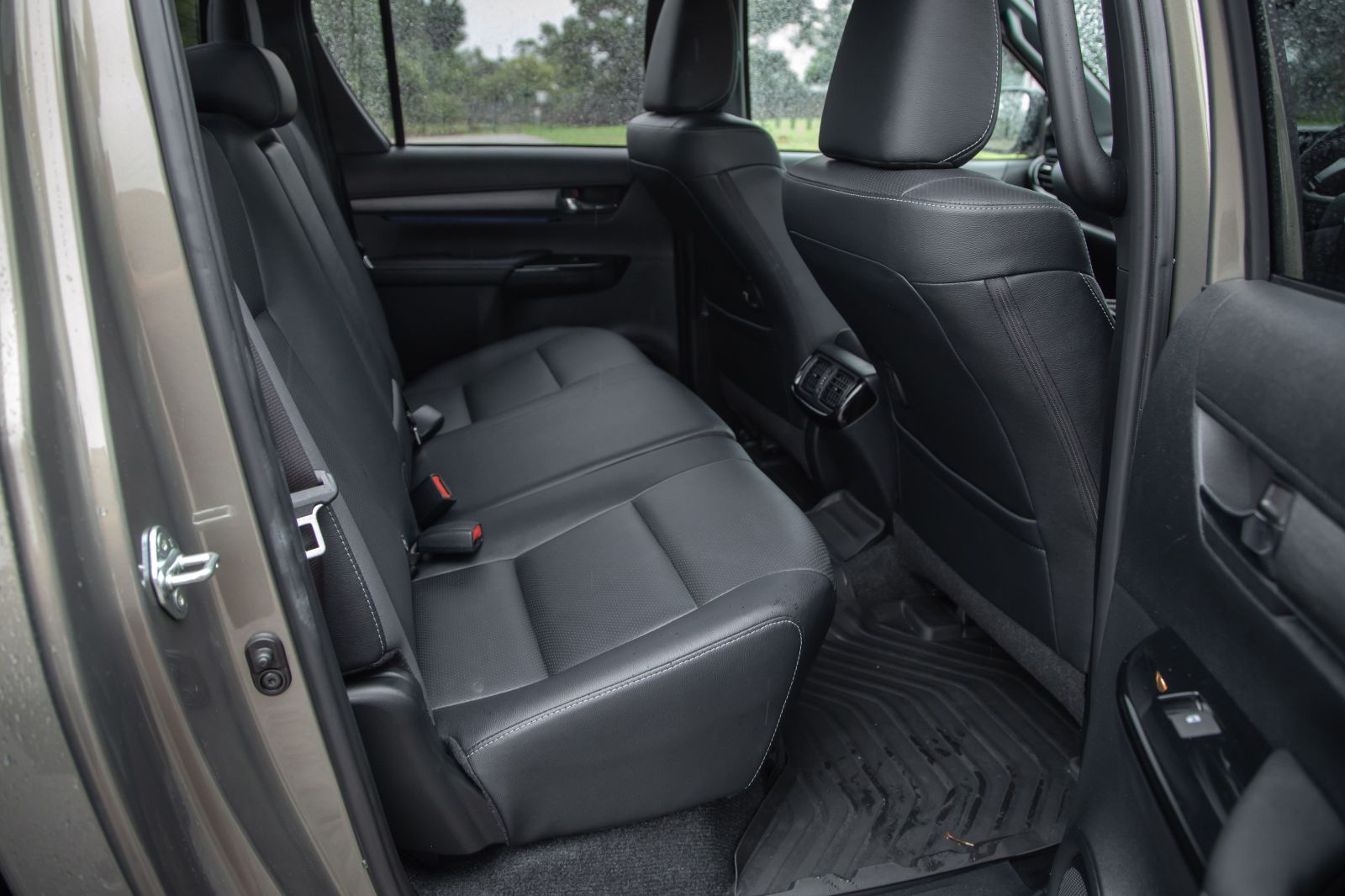

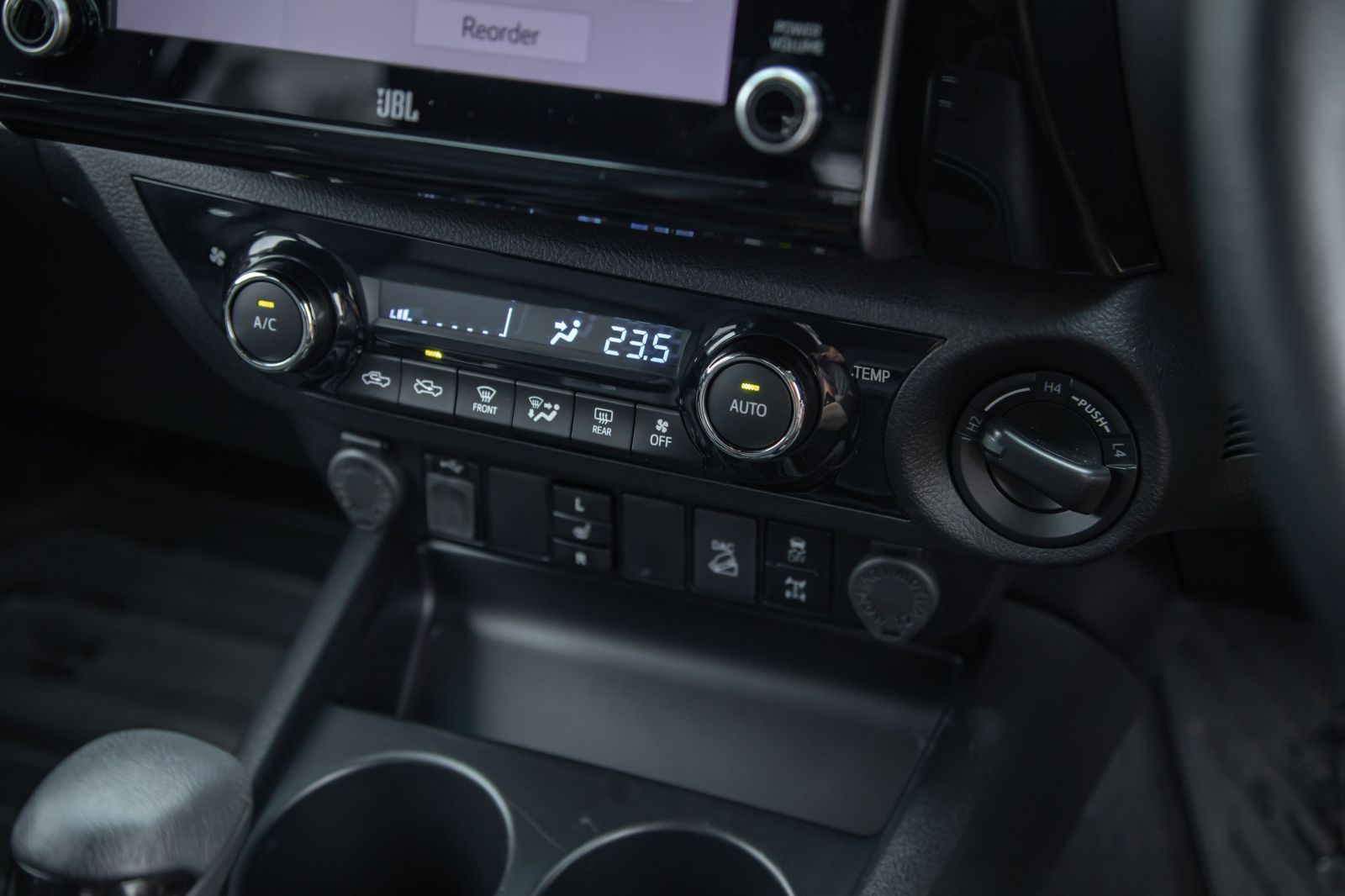
View 6 images
All versions of the HiLux get a suite of Toyota Safety Sense technologies as standard, including AEB with pedestrian (day/night) and cyclist (day) detection, high-speed adaptive cruise control, and lane departure warning with steering assist via brakes. Road sign assist is also included.
SR5 4×4 models as well as auto-equipped SR 4×4 double cabs (including cab-chassis) feature hill descent control, while SR5 double- and extra-cab pick-ups now get front and rear parking sensors as standard.
4×2 Hi-Rider and 4×4 models feature 319mm front ventilated brake discs with opposed-piston calipers and 295mm self-adjusting rear drums with leading and trailing shoes.
Other 4×2 HiLux models get 296mm front ventilated discs with floating calipers and 254mm rear drums.
The eighth-generation Toyota HiLux wears a five-star ANCAP rating for vehicles sold from July 2019 onwards, scoring 96 per cent for adult occupant protection, 87 per cent for child occupants, 88 per cent for vulnerable road users and 78 per cent for safety assist.
Fuel economy figures for the HiLux range are as follows:
These figures vary based on body style.
What are the running and servicing costs of a Toyota HiLux?
The Toyota HiLux is covered by Toyota’s five-year, unlimited-kilometre warranty which covers any Toyota-produced part, panel and accessory.
Engine and driveline warranty can be extended by another two years provided the vehicle is serviced according to schedule, along with seven years of emergency assistance.
Service pricing is capped between $220 and $250 per visit for the first four visits, covering two years or 40,000km.
Maintenance is still required every six months or 10,000km, which is notably shorter than the usual 12 month/15,000km intervals offered by most rivals.
Our expert take on Toyota HiLux drivability.
The most powerful engine in the 2023 Toyota HiLux range is a 2.8-litre four-cylinder turbo-diesel, which has 150kW of power (at 3400rpm) and 500Nm of torque (at 1600-2800rpm) when fitted with a six-speed automatic. Manual models develop 420Nm (at 1400-3400rpm).
Lower grades offer a 110kW/400Nm 2.4-litre four-cylinder turbo-diesel, while the entry-level versions are fitted as standard with a 122kW/245Nm 2.7-litre four-cylinder petrol engine.
The smaller diesel makes peak power and torque at 3400rpm and 1600-2000rpm respectively, while the petrol does the same at 5200rpm and 4000rpm respectively.
Both rear-wheel drive and four-wheel drive configurations are available throughout the line-up (see price list above), with manual and automatic transmissions offered for all powertrains.
Petrol models are fitted as standard with a five-speed manual transmission as standard while the diesels are mated to a six-speeder. A six-speed automatic is optional or standard depending on variant.
The new 2.8-litre turbo diesel engine starts with the same distinctive clatter as before, and behaves very similarly to the pre-update engine most of the time. But there’s definitely more mid-range punch in the 2021 update, and highway overtakes are dispatched faster than in the pre-facelift car.
The old HiLux could feel a bit strained at times, the new model rarely does.
Toyota’s six-speed automatic transmission might have as many options as the 10-speeder in the Ford Ranger and its bi-turbo engine, but it makes up for it by being decisive and intelligent on the move.
It’s happy to hold a taller gear and lean on the muscled-up mid-range on lighter throttle inputs, and kicks down smartly when more performance is required. There’s also a sequential-style manual shift option for control freaks, but it’s best left to its own devices for the most part.
Along with the updated engine, the HiLux has been treated to a number of locally-developed updates to the suspension in search of a smoother around-town ride.
Changes include longer leaf springs spaced further apart, new spring, damper and bushing rates, and new cabin mounts.
Less noticeable are the changes made to the steering, which is still relatively heavy and slow at low speed. There’s a bit of arm twirling required when you’re parking, especially compared to the SUV-like setup in the Isuzu D-Max and Mazda BT-50.
What colours are available for the Toyota HiLux
The following choice of colours is available across the Toyota Hilux range, although not all are available on all variants.
The WorkMate and SR are limited to Glacier white, Silver Sky, Graphite and Eclipse Black. The SR5 gains Crystal Pearl and Nebula Blue. While the Rogue and Rogue X gain Feverish Red, Saturn Blue and Oxide Bronze.
Not all exterior paint colours are available across the range
The Toyota HiLux is covered by Toyota’s five-year, unlimited-kilometre warranty which covers any Toyota-produced part, panel and accessory.
Engine and driveline warranty can be extended by another two years provided the vehicle is serviced according to schedule, and the car is backed by seven years of emergency assistance.
Service pricing is capped between $220 and $260 per visit for the first six visits, covering three years or 60,000km.
Maintenance is still required every six months or 10,000km, which is notably shorter than the usual 12 month/15,000km intervals offered by most rivals.
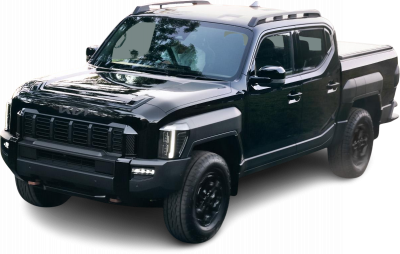
Tasman
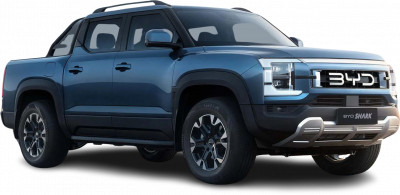
Shark 6
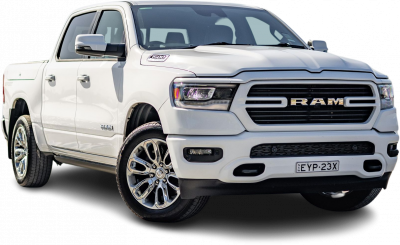
1500
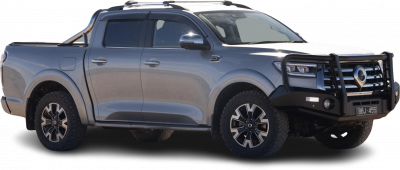
Cannon

T60
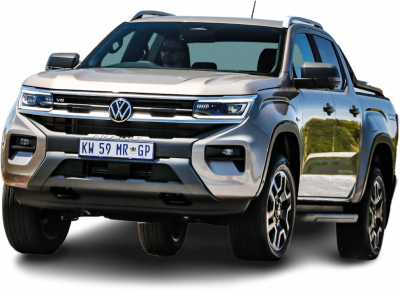
Amarok
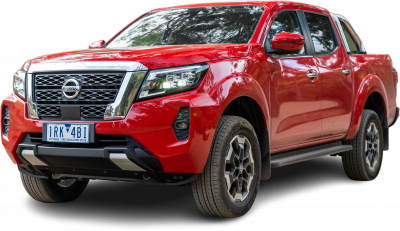
Navara
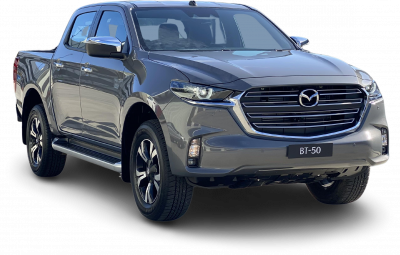
BT-50
Can’t see the car you’re considering?
Is this the right car for you? Out experts buy or not guide.
Although it’s faced with tough competition from Ford, Isuzu, Mazda, and Mitsubishi, it’s easy to see why the HiLux is still a winner.
It feels quite old in some ways, but it's still solid to drive and has the backing of a massive dealer network. It also has a huge range of body styles on offer, allowing you to tailor your HiLux to the intended use easily.
Where expert car reviews meet expert car buying – CarExpert gives you trusted advice, personalised service and real savings on your next new car.
The cheapest Toyota HiLux is the Workmate that starts from $25,375.
The most expensive Toyota HiLux is the GR Sport that starts from $73,990.
The best towing capacity of a Toyota HiLux is 3500 kg offered by the following variants: Workmate, SR, SR5, Rogue and GR Sport.
The largest Toyota HiLux is the GR Sport which measures 2020mm wide, 5320mm in length and sits 1880mm tall.
The most powerful Toyota HiLux is the GR Sport which has 165kW of power from its 2.8L TURBO DIESEL COMMON RAIL engine.
The Toyota HiLux is built in Thailand and shipped to Australia.
The heaviest Toyota HiLux is the SR5 which weighs 3100 kg (kerb weight).
The Toyota HiLux may use different fuel/energy types based on the variant which includes diesel or unleaded.